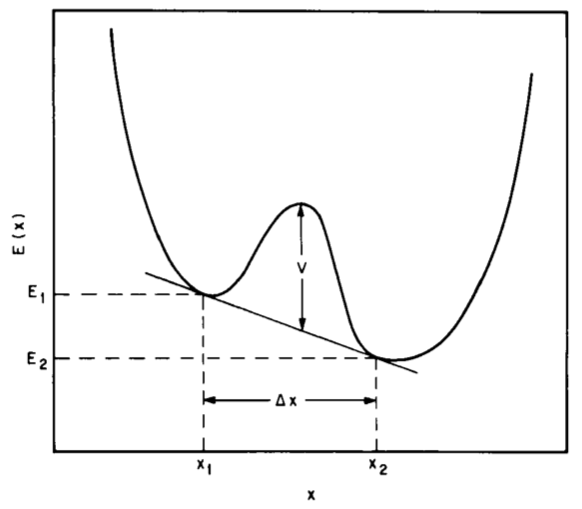 Organisers: Camille Scalliet and Francesco Zamponi
Speakers:
Amorphous solids exhibit quasi-universal low-temperature thermal
anomalies whose origin has been ascribed to a distribution of localized
tunneling systems.
Recent developments in experimental techniques enable the preparation of
ultrastable glassy films. These new materials are as disordered as
liquid cooled glasses, but do not present the supposedly "universal"
low-temperature anomalies, suggesting that the density of two-level
systems is reduced in stable glasses. These new experimental findings
challenge the idea that disordered materials share universal anomalies.
Numerical studies of two-level systems have been performed in the past
to identify the microscopic nature of tunneling two-level systems.
Recent algorithmic advances allow the synthesis of in silico glasses
with quench rates ranging from those found in standard laboratory
experiments to those found in ultrastable glasses prepared by vapor
deposition. This advance opens new paths towards the characterization of
two-level systems in computer glass, in an experimentally relevant
temperature regime.
The aim of this workshop is to bring together experimentalists and
theoreticians to discuss these recent advances.
Workshop program (24 Rue Lhomond, Paris)
Monday 25 (Room L382-384)
13:45 Frances Hellman 15:15 Coffee break 15:45 David R. Reichman 17:15 Camille Scalliet 18:00 end Tuesday 26 (Room L382-384) 9:30 Miguel A. Ramos 11:00 Coffee break 11:30 Wencheng Ji 12:15 Lunch break 14:30 David Rodney 16:00 Coffee break 16:30 Stefano Mossa 17:15 Andrew Fefferman 18:00 end Wednesday 27 (Room Conf IV) 9:30 Francois Ladieu 11:00 Coffee break 11:30 Dmytro Khomenko 12:15 Lunch break 14:00 Round table and closing remarks 15:30 End of the workshop
Practical information:
There are no registration fees, however registration is mandatory, in order to organize the lunch. In order to register,
please write an email entitled "TLS Workshop" to Camille Scalliet (name.surname_at_gmail.com), indicating your name and affiliation. This workshop has received funding from the European Research Council (ERC) under the European Union's Horizon 2020 research and innovation programme (grant agreement n° 723955 - GlassUniversality).  |